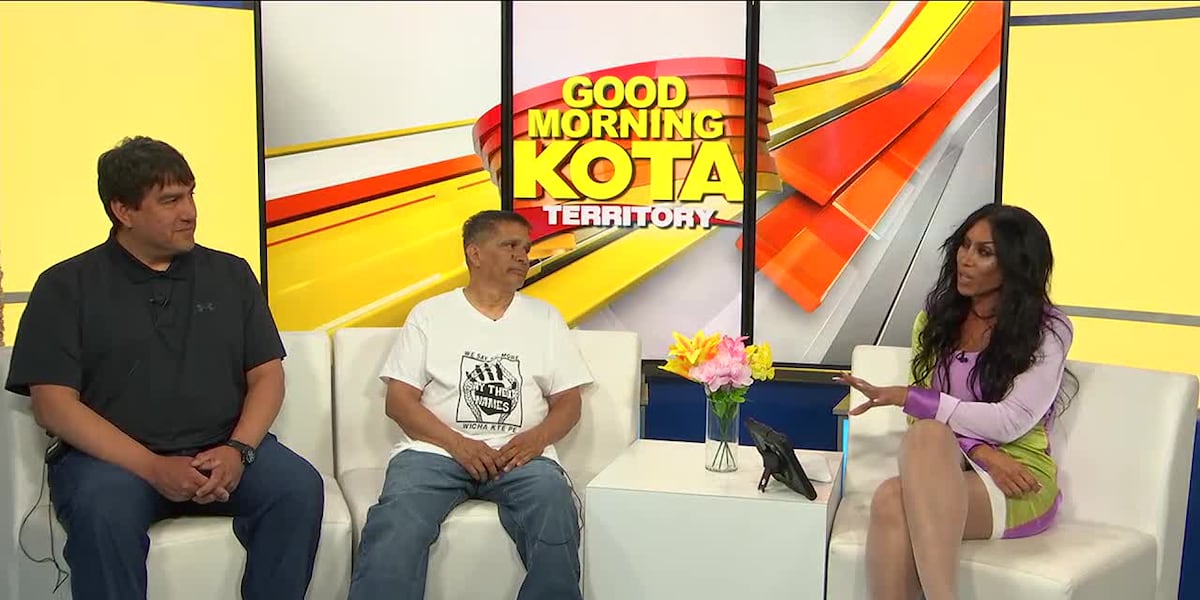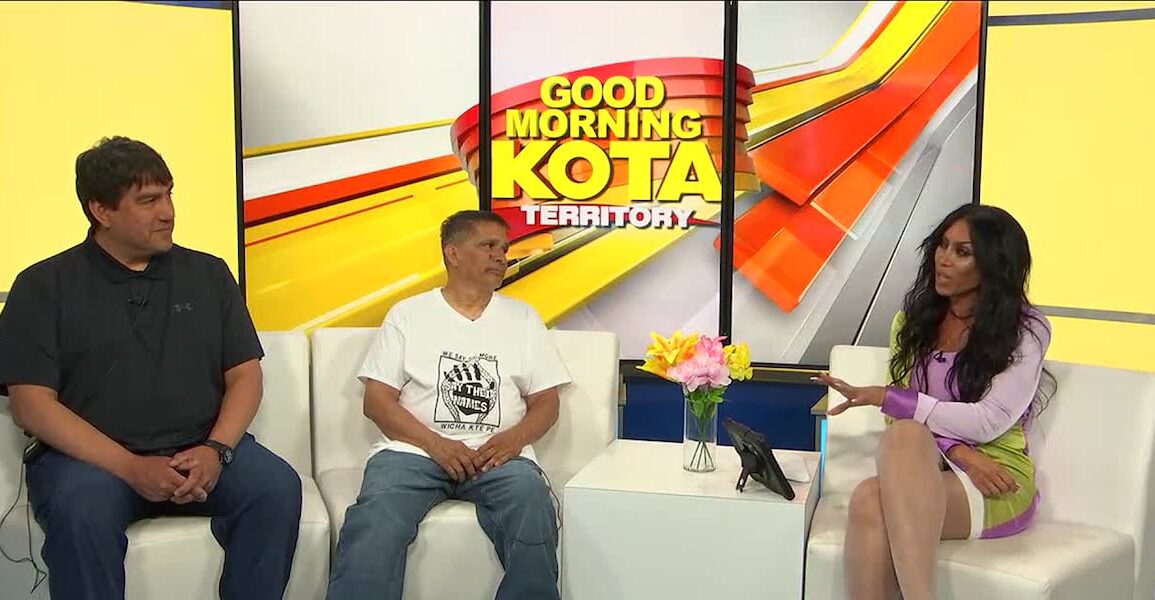
RAPID CITY, S.D. (KOTA) – NDN Collective is inviting the community to the Unveiling of the Wičaktepi Remembrance Garden. The garden will remember those relatives whose lives were taken at the hands of police and provide a place of healing for their loved ones.
Murray Lee, Director of Engagement Sisseton Wahpeton and Andy Iron Shell of NCN Collective says the garden aims to create meaningful discussions with those that attend. The unveiling is Thursday, May 23 at 6 p.m., at the NDN Collective Headquarters, 408 Knollwood Drive, Rapid City, SD.
1. Historical Context and Policing of Indigenous Peoples:
- Indigenous Peoples’ first understanding of the US Justice system was under the War Department at the start of the reservation era. The Pine Ridge Indian Reservation was Prisoner of War Camp #334. It was on reservations that our culture and ways of life were declared crimes (giveaways, potlatches, medicine people, Sundance, war dances, Ghost Dance, and more).
- Early policing of Indigenous People by the United States came in the form of cultural erasure and assimilation by force, creating a long-term mistrust and tension between Indigenous communities and police.
2. Traditional Justice Systems:
Before our ways of life were interrupted by colonialism, Lakota people dealt with crimes amongst ourselves in a number of ways. The structure of community included justice and accountability at several levels starting with family then band, tribe and nation. One of the essential rules of life was “Be a good relative.”
What we now call “restorative justice” was present among tribes before colonization. Restorative justice looks at the harm caused by a crime and determines what can be done to repair that harm while holding the person who caused it accountable for their actions. It centers the victim and brings the community into the process of healing.
Remembering our traditional ways of justice and accountability is essential to healing our people from the abuses of the US criminal “justice” system. Repairing and reshaping our communities starts with understanding where we are today, learning the way we used to be, and creating a better path forward.
3. Current Data on Policing in South Dakota:
- South Dakota leads the nation in incarceration per capita, with Indigenous Peoples disproportionately affected. – Nick Tilsen, President & CEO of NDN Collective: “We make up less than 10% of the population in the state of South Dakota but comprise 51% of the people incarcerated, making South Dakota and the Indigenous population here ground zero for the over-incarceration of Indigenous People in the nation.” – Nick Tilsen, President & CEO of NDN Collective
- Although Natives make up 8.7 percent of South Dakota’s population, they are roughly half of those booked into jails in the state.
- Indigenous People between the ages of 15-64 are incarcerated at 10x the rate of white people in South Dakota.
- From 2001 – 2023 there have been 79 police-involved shootings statewide with 0 convictions of police officers. 75% of the fatal shooting victims were Indigenous People.
- Indigenous People are more likely to be killed by law enforcement than any other racial group.
Sources: The Appeal, Vera Institute of Justice, Center on Juvenile & Criminal Justice, ACLU of South Dakota
4. Over-Incarceration and Student Arrests:
- South Dakota has the 13th highest student arrest rate in the nation, despite being ranked 46th in state population.
- Schools consistently prioritize law enforcement over mental health and social services. 83% of students attend schools without the appropriate student-to-counselor ratio but 50% of schools have police presence.
- Indigenous students are 7.9x more likely to be arrested than white students
- Students with disabilities are 5x more likely to be arrested than students without disabilities
- There are 3,000 Indigenous students currently enrolled in Rapid City Area Schools making up just 17% of the school population; yet, Indigenous students are the most heavily disciplined and represent 100% of school expulsions.
Sources: The Appeal, Vera Institute of Justice, Center on Juvenile & Criminal Justice, ACLU of South Dakota
5. WIČAKTEPI Remembrance Garden:
‘Wičaktepi’ (Wee-chah-kteh-pee) in the Lakota language means, ‘they were killed.’ The WIČAKTEPI Remembrance Garden will be a memorial space dedicated to honoring and bringing attention to the many Indigenous lives taken at the hands of law enforcement in Rapid City, South Dakota.
Modeled after the Say Their Name Garden in Minneapolis, MN, the WIČAKTEPI Remembrance Garden project aims to amplify continual awareness of the patterns of law enforcement that have led to the killing of Indigenous People by police.
If you would like for your relatives or loved ones to be included in the WIČAKTEPI Remembrance Garden, contact aironshell@ndncollective.org or call (605) 791-3999 and ask for Andy, Sunny, or Hermus.
We hope the families of these relatives find comfort and healing in this garden.
6. Rapid City vs Racism Campaign:
- This project is a part of our Rapid City vs Racism Campaign, which seeks to address the root of these harms through advocacy, policy change, police oversight, and the creation of community spaces to address systemic racism and discrimination against Native Americans by local law enforcement.
Copyright 2024 KOTA. All rights reserved.
This post was originally published on this site be sure to check out more of their content.







